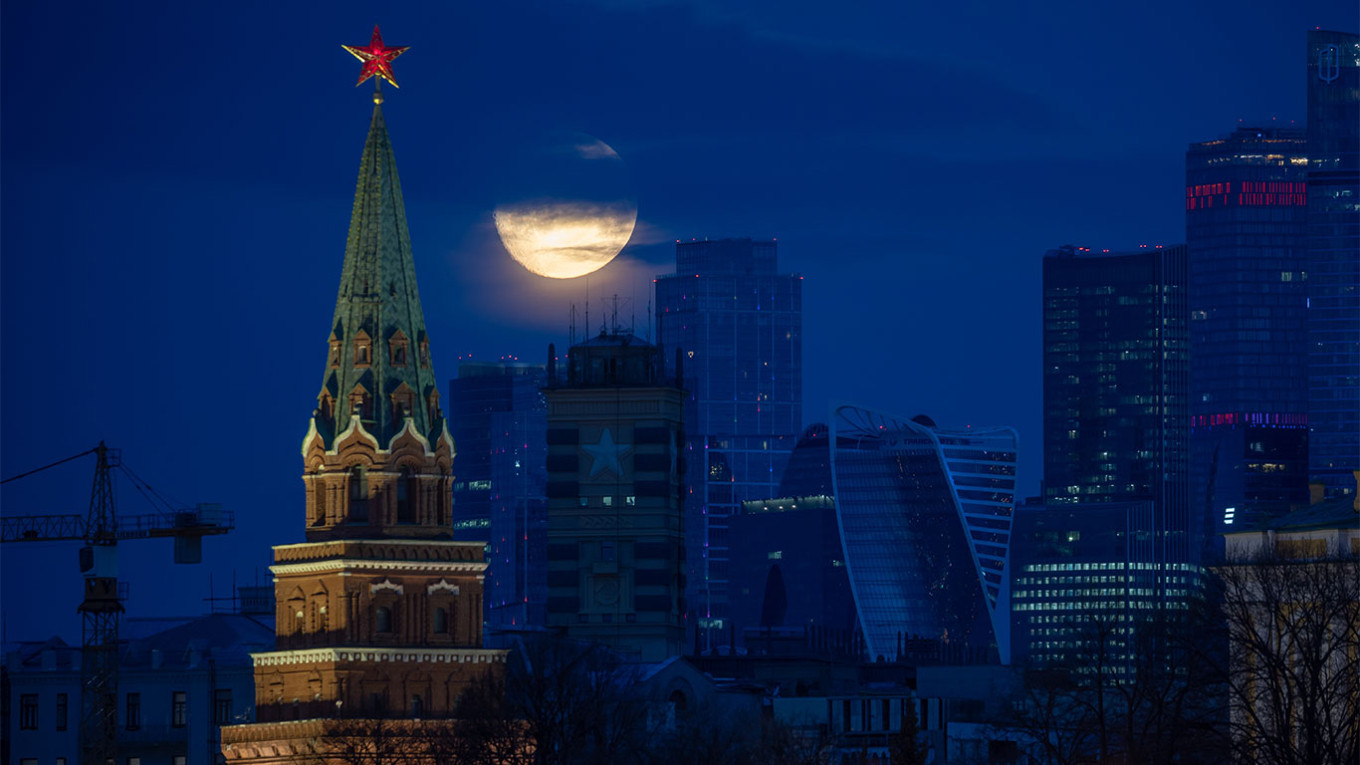Russian officials are contemplating mandatory reductions in federal expenditures as declining oil prices erode the reserves necessary for financing the conflict in Ukraine, Bloomberg reported on Tuesday, citing a source with knowledge of the initial talks.
The government is said to be reviewing its budgetary guidelines, which govern the allocation of funds from the National Wealth Fund (NWF).
Currently, the Finance Ministry utilizes the NWF to offset deficits in oil and gas revenue whenever the price of Urals crude falls below $60 per barrel. According to Bloomberg’s informant, this limit might be adjusted to $50 starting next year if oil prices remain low.
However, implementing this change would restrict access to the NWF, compelling the government to curtail spending in other sectors.
Russia’s draft budget for 2025 was initially based on an anticipated average Urals oil price of $69.70 per barrel, but by March, prices had dropped below $60. They averaged just $54 in April and further declined to $49 in early May.
Consequently, tax revenues from natural resources in the first quarter fell 10% short of expectations.
In response, the Ministry of Economic Development has lowered its oil price forecast for 2025 to $56 per barrel, while the Finance Ministry has adjusted its budget estimates, predicting a shortfall of 2.6 trillion rubles ($32 billion) in oil and gas revenues. This would lead to a budget deficit of 3.8 trillion rubles ($46.8 billion), marking the highest level since the pandemic.
If the fiscal rule threshold is lowered to $50, spending cuts of approximately 1.5 trillion to 1.6 trillion rubles ($18.4 billion to $19.7 billion) may be necessary, according to Natalia Orlova, the chief economist at Alfa Bank. She cautioned that any decision to reduce spending would have significant implications for budget recipients.
“Geopolitical objectives remain paramount,” she emphasized.
A major challenge lies in military expenditures.
This year, the Russian government is projected to allocate around 30% of the national budget, or 13.2 trillion rubles ($162.6 billion), to military and defense spending—marking the highest proportion since the Soviet era.
Cuts to military spending are unlikely, with civilian programs—many of which have already faced funding reductions—expected to bear the brunt of any budgetary constraints, according to Dmitry Polevoy, chief investment officer at Astra Asset Management.
However, the Kremlin’s options are limited.
“The Finance Ministry recognizes that the reserves are insufficient to sustain an extended period of low prices,” Polevoy noted.
Since the onset of the Ukraine conflict, authorities have expended two-thirds of the NWF’s liquid assets to bridge budget deficits and support state enterprises. As of April, the fund had only $39.5 billion in liquid assets, the lowest since its creation in 2008.
If there are no alterations to the budgetary framework, the Finance Ministry is projected to withdraw at least 800 billion rubles ($9.8 billion) from the NWF this year to compensate for lost oil revenues. Additionally, around 1 trillion rubles ($12.3 billion) is allocated annually for large-scale infrastructure projects and assistance to state-owned companies.
Analysts from Gazprombank estimate that the NWF’s assets could be depleted within two years if oil prices remain around $50 per barrel, or in just over a year if prices decline to $40.
The mounting pressure on state finances may heighten the risk of new tax increases on non-oil sectors, Polevoy cautioned.

